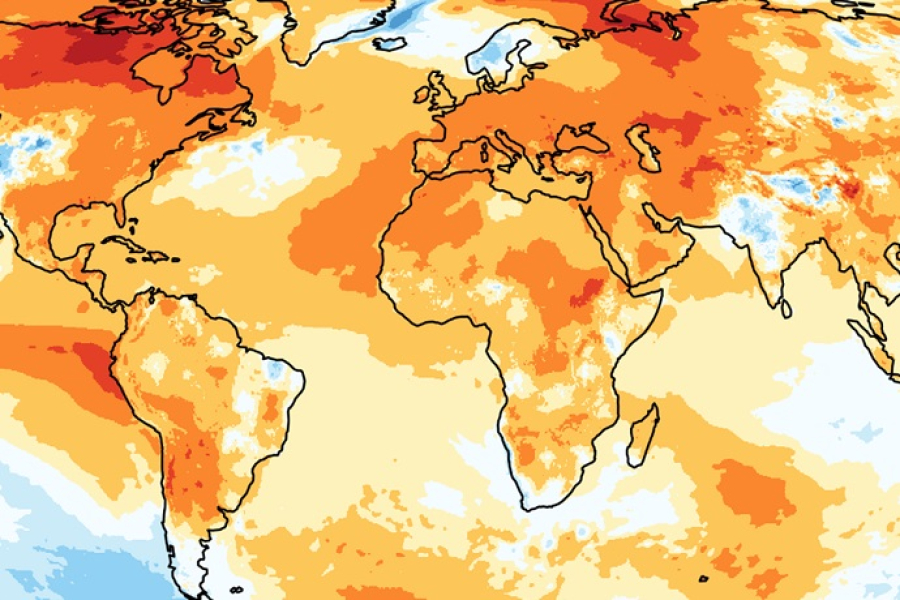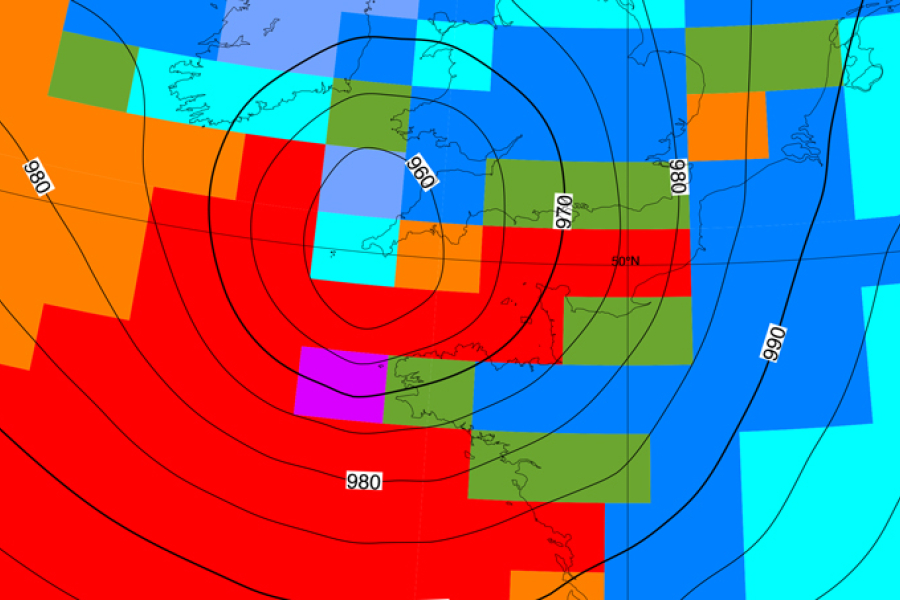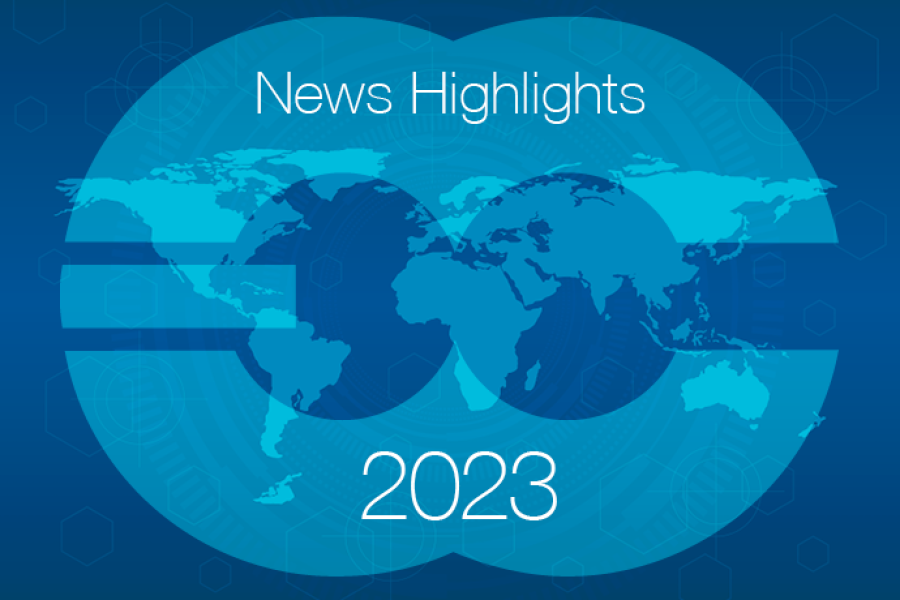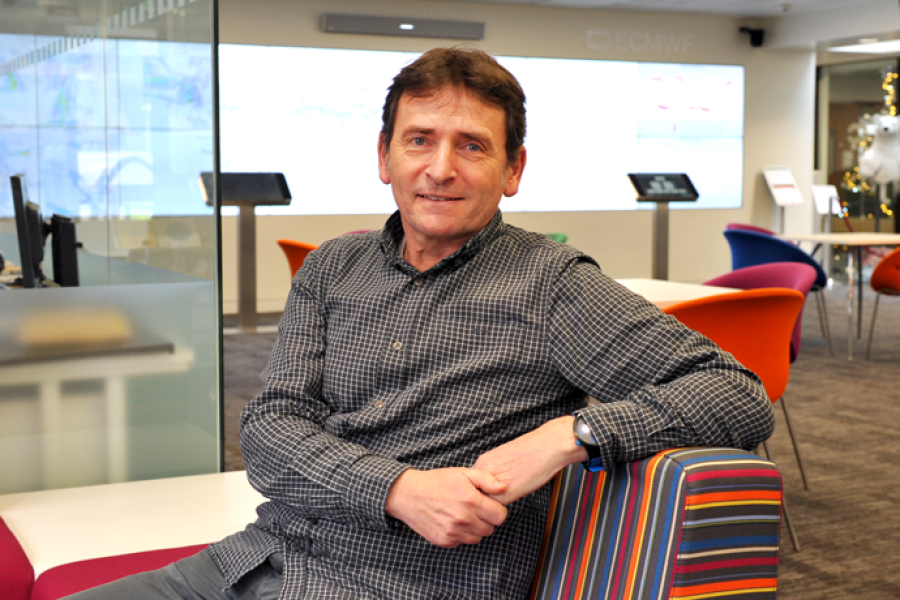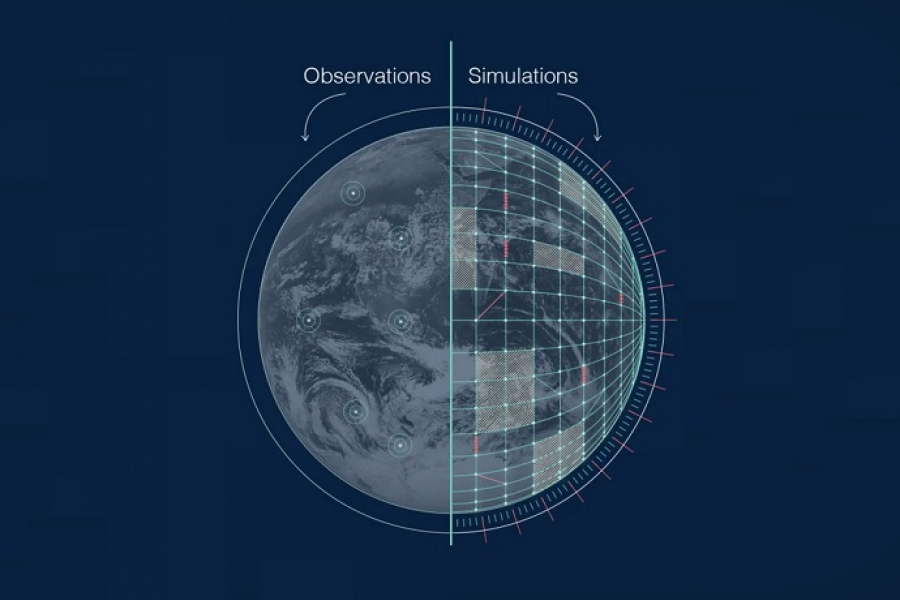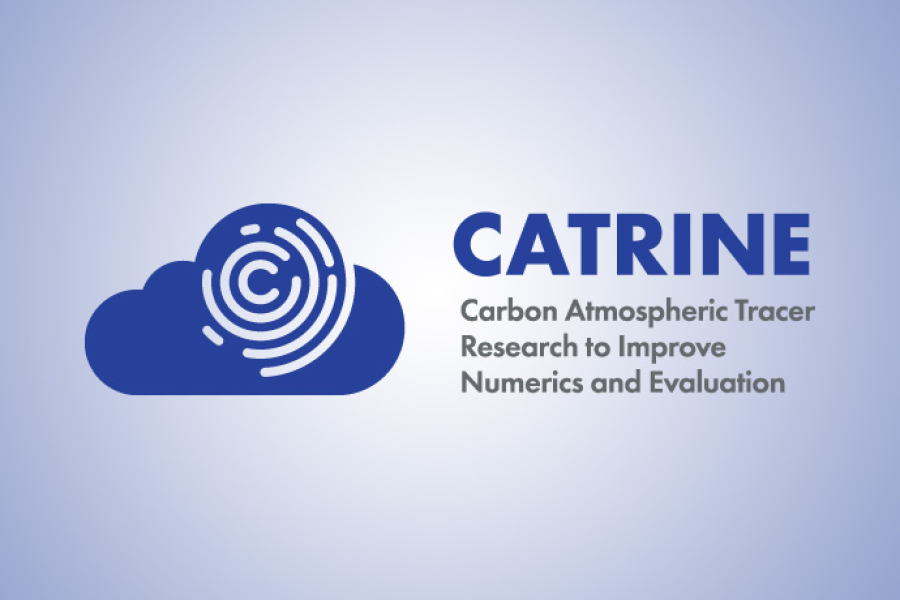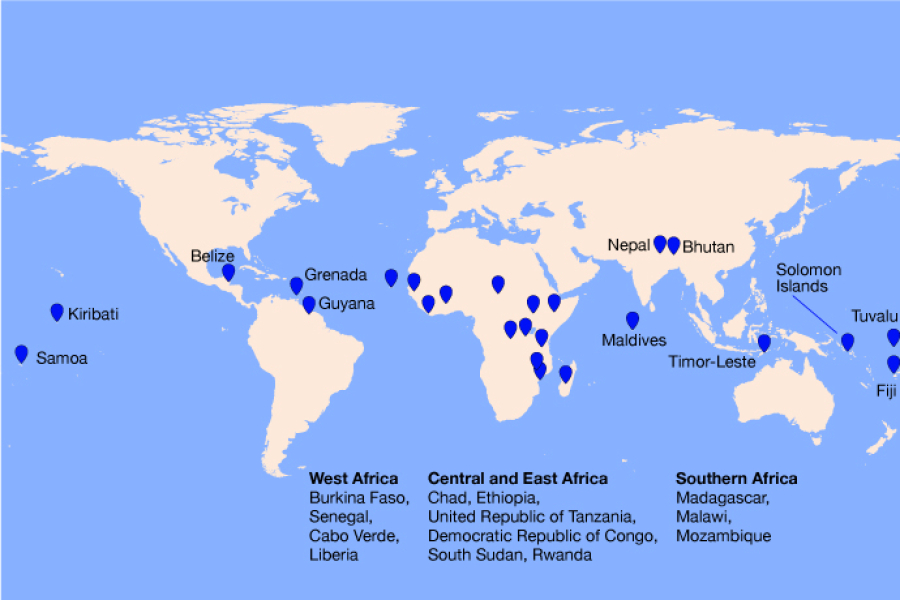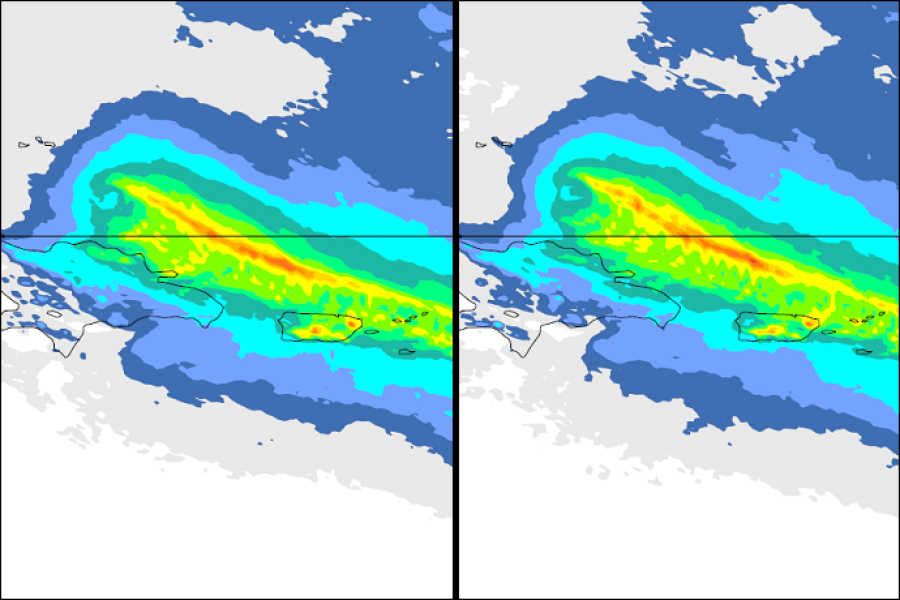
ECMWF uses Mode-S aircraft observations again to improve forecasts
ECMWF has started to use Mode-S aircraft observations again to improve the quality of forecasts after this type of data was found to be used in too large numbers during the recovery from the COVID-19 pandemic.

